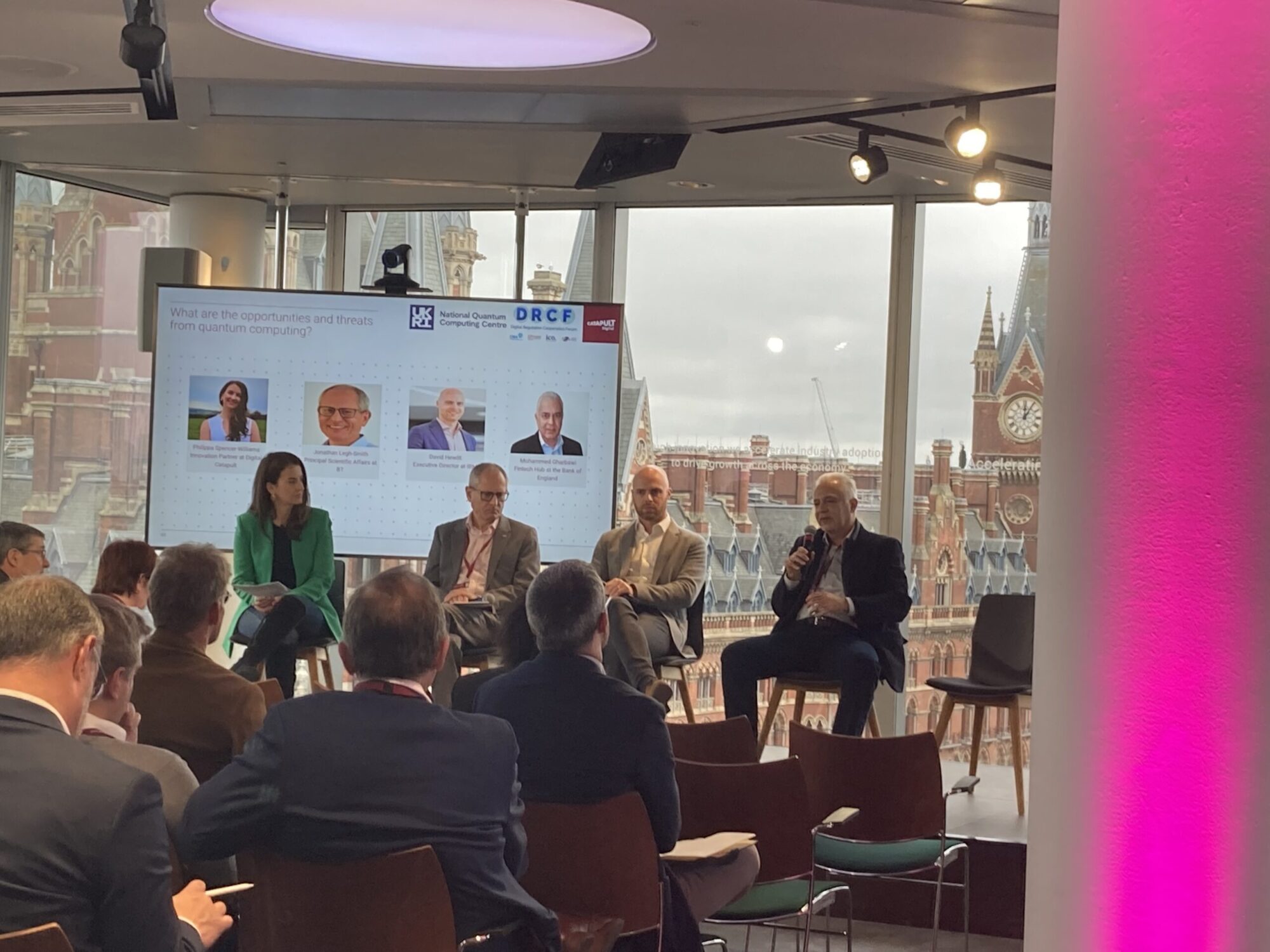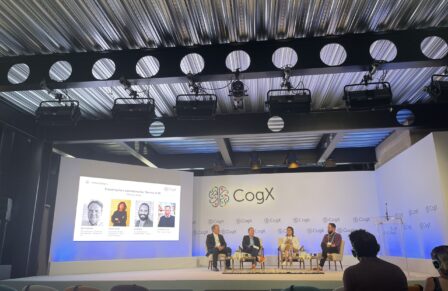Quantum on the horizon: how far are we from the wide-scale adoption?
Posted 31 Mar 2023
Quantum on the horizon: how far are we from the wide-scale adoption of quantum technology?
Quantum technologies, including quantum computers, are some of the most intriguing yet complex technologies, and they are starting to increasingly creep into popular discourse. They promise the means to transform capabilities far beyond what is possible through the types of “classical computers” that we use every day. Built upon the principles of quantum theory and mechanics, quantum technologies harness sub-atomic particles to drive the speed and efficiency of processing huge amounts of computational data. Quantum technologies are currently at different levels of what we refer to as “technology readiness (TRL)”. Investment, interest and innovation in this emerging area is growing significantly, and at pace.
Indeed, the UK Government has just launched a National Quantum Strategy to progress its vision for the UK to be a leading quantum-enabled economy by 2033, where quantum technologies are an integral part of the UK’s future digital infrastructure and advanced manufacturing base, driving growth and helping to build a thriving and resilient economy and society. To achieve this, the government has committed £2.5 billion to developing quantum technologies in the UK over the ten years from 2024. Quantum has also been identified as a critical technology in the recently launched UK Government Science and Technology Framework. So how ready are we for widespread quantum adoption in the UK, and how might we look forwards with these ambitions in mind? Where are we, as a nation, leading in quantum innovation, and when should we begin to map the regulatory implications posed by this set of devices and systems?
Quantum is one area of Digital Catapult’s broader technology portfolio, where we are working with some of the most innovative and cutting edge companies and organisations to develop and drive use cases for quantum technologies. We are also demystifying such technologies, separating opportunities from hype and understanding key problems that may best be solved by quantum technologies. We will offer a new dedicated programme for companies looking to understand quantum computing, enabling our partners to be “quantum ready” to drive national strengths in this exciting area of technology innovation.
The Quantum Symposium
At the end of February, Digital Catapult co-hosted the Quantum Symposium in partnership with the Digital Regulation Cooperation Forum (DRCF) and the National Quantum Computing Centre (NQCC) to better understand the evolution of quantum technologies, and the innovation and regulatory challenges facing the UK ecosystem and public authorities. The event was attended by senior stakeholders from across the DRCF regulators (ICO, CMA, FCA, Ofcom), the Department for Science, Innovation and Technology, academia and leading industry players, including BT, IBM and the Bank of England.
The event was the third in a series forming part of the DRCF’s horizon scanning programme, an initiative to further engage the wider innovation community who will shape and design the future of the UK’s digital services, following previous events exploring the implications of Web 3.0. and the Metaverse, which was supported by Digital Catapult.
Across the day, we heard of some of the key initiatives that are driving further understanding and acceleration of quantum technology adoption; the Quantum Data Centre of the Future project will see the development of a blueprint for a hybrid quantum/classical data centre that will deliver near term value from quantum technologies (our new quantum technology programme will form a core part of this work), and the UK National Quantum Technologies Programme set up to forge collaboration across the UK to develop new quantum products and services.

The quantum evolution: where are we now?
The symposium panellists spoke of some of the most promising potential applications of quantum technologies, from improving medical and brain imaging to support the management of illnesses like Dementia, to advanced imaging opportunities to track and manage gas leaks and natural disasters or for tracking space debris.
Yet the general consensus was that while some quantum technologies, such as quantum key distribution (QKD) and quantum sensors will soon be ready for commercial use, there is expected to be at least a 10-year window before other quantum technologies, like the “quantum internet”, become embedded into wider practice. However, across the ecosystem, preparation is taking place to best understand the multitude of cross-sector applications of quantum technologies and how they will shape industry practice.
Speakers highlighted the importance of understanding where quantum sets itself apart from classical computing and existing regulation, and where such existing regulation can be utilised and adapted. It was made evident that action is needed now to bring the UK’s quantum community together to map the direction of travel and to ensure that regulation doesn’t come too early, or too late. There was a shared consensus that it is crucial to consider the broad ranging implications, accounting for the required skill sets to ensure the future workforce is able to adapt to this exciting emerging area of innovation.
Looking forwards
The need to continue conversations and collaborative efforts to map out the broad ranging opportunities, risks and challenges surrounding quantum technologies is of prime importance. Responsible research, development and innovation activities will play a crucial role in achieving the UK’s ambitions of being a world leading quantum nation. This will rely on the adaptation of existing business models, innovation practice, skills building, testing, regulation and standards, and most importantly, newfound collaboration across the ecosystem.
Find out more about Digital Catapult’s activity in quantum.
If you have any questions on our work in quantum technologies, or are interested in more information on our quantum Technology Access Programme please contact us at [email protected].


